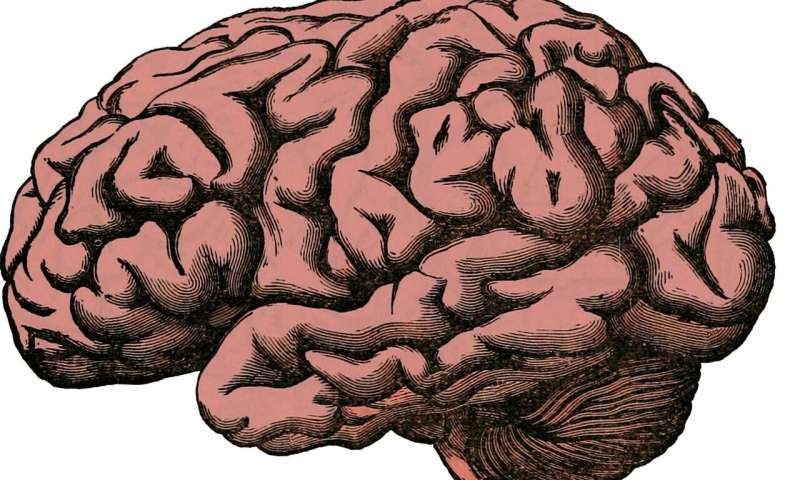SRC-2 is at the center of survival adaptations to food shortages

When fasting or facing a food shortage, the body engages metabolic and behavioral adaptations to survive. How the brain coordinates and regulates these responses has not been clear, but researchers at Baylor College of Medicine and collaborating institutions have discovered that a molecule known as steroid receptor coactivator-2 (SRC-2) is crucial to coordinate the biological responses to the lack of food.
The team shows in the journal Cell Reports that SRC-2 specifically in POMC neurons in the hypothalamus, a brain region involved in various aspects of metabolism, including energy management, helps animals modify their metabolism and certain behaviors to survive until food is available again. Interestingly, SRC-2 also showed to be involved in weight gain when food was abundant, leading to obesity. The findings open new possibilities for designing strategies for weight management.
"When food is not easily available or during fasting, organisms modify certain aspects of their metabolism to be able to function and of their behavior to improve the odds of restoring the much needed nutrition," said corresponding author by Dr. Yong Xu, professor of pediatrics—nutrition and molecular and cellular biology at Baylor. "In this study, we show that SCR-2 in POMC neurons in the hypothalamus is at the center of these adaptations."
Xu and his colleagues looked into two important metabolic components: energy expenditure and blood glucose balance.
"One way to adapt to lack of food is to reduce how much energy the body spends. It is also important that the body maintains a glucose balance that sustains brain activity," Xu said. "We found that SRC-2 is required to retain the ability to reduce energy expenditure and to maintain glucose levels that allow the animal to survive."
The researchers also looked into behavioral adaptations that help the animal find food.
"When an animal living in the wild has not eaten in a while, it needs to venture into its environment to search for food, which at the same time exposes it to predators, creating anxiety," Xu said. "We found that SRC-2 helps overcome the anxiety triggered by the need to go out to feed, facilitating the search for food."
In addition, the researchers found that SRC-2 is required to delay the normal satiety signal that stops the animal from eating. "Delaying the satiety signal stimulates the animal to engage in continuous feeding behavior longer, eating as much as possible, quickly, to reduce the time they are exposed to a dangerous environment."
During most of evolution, having enough food has been, and still is, the first priority of animals in the wild. Xu and colleagues propose that SRC-2 is evolutionarily conserved, meaning that it is at the center of the regulation of animal metabolic and behavioral adaptations that help organisms survive when food is not easily available.
On the other hand, when the environment changes so that food is readily available, animals can eat without limitations. "In this case, SRC-2 becomes detrimental to the animals. It facilitates overeating, leading to weight gain and obesity," Xu said.
At the mechanistic level, Xu and colleagues showed that SRC-2 controls the ability of POMC neurons to transmit electric signals to communicate with other neurons. SRC-2 also mediates its effects by regulating the expression of multiple genes.
Other contributors to this work include Yongjie Yang, Yanlin He, Hailan Liu, Wenjun Zhou, Chunmei Wang, Pingwen Xu, Xing Cai, Hesong Liu, Kaifan Yu, Zhou Pei, Ilirjana Hyseni, Makoto Fukuda, Zheng Sun, Jianming Xu and Bert W. O'Malley, all at Baylor College of Medicine. Qingchun Tong is affiliated with the University of Texas Health Science Center at Houston.
More information: Yong Xu, Hypothalamic Steroid Receptor Coactivator-2 Regulates Adaptations to Fasting and Overnutrition, Cell Reports (2021). DOI: 10.1016/j.celrep.2021.110075. www.cell.com/cell-reports/full … 2211-1247(21)01566-7





















